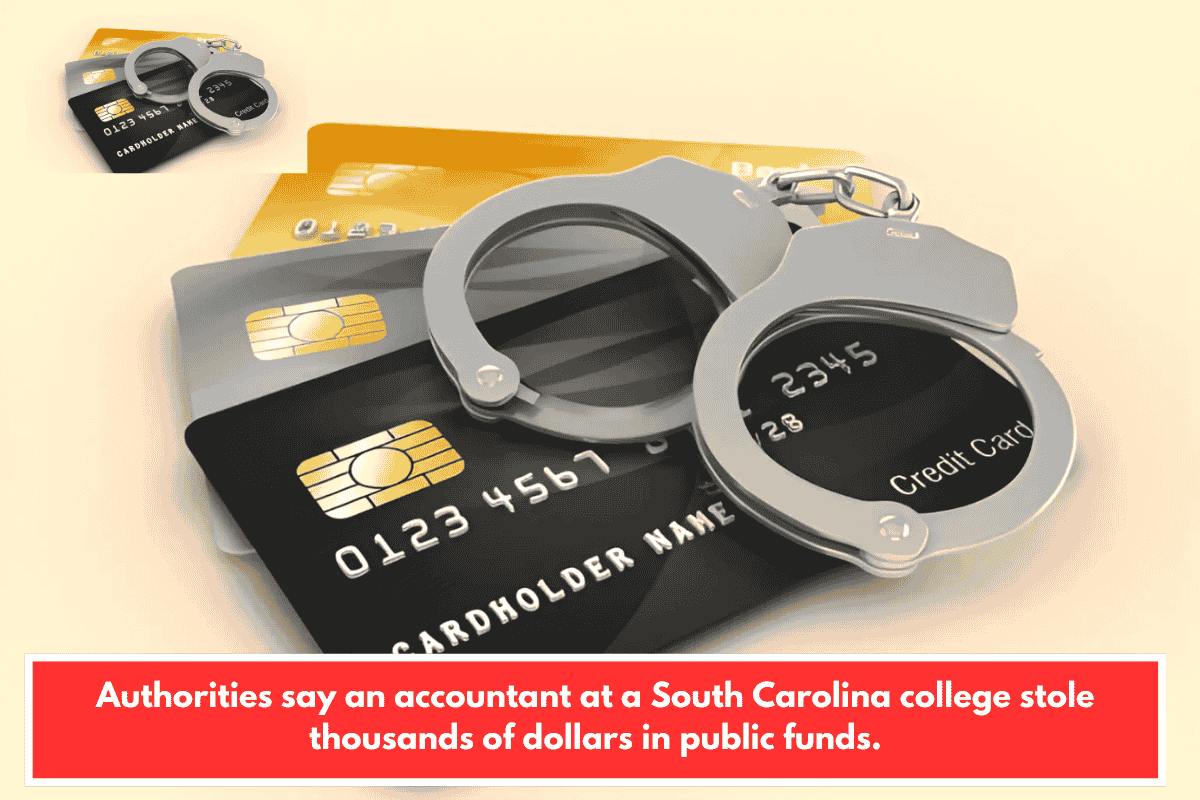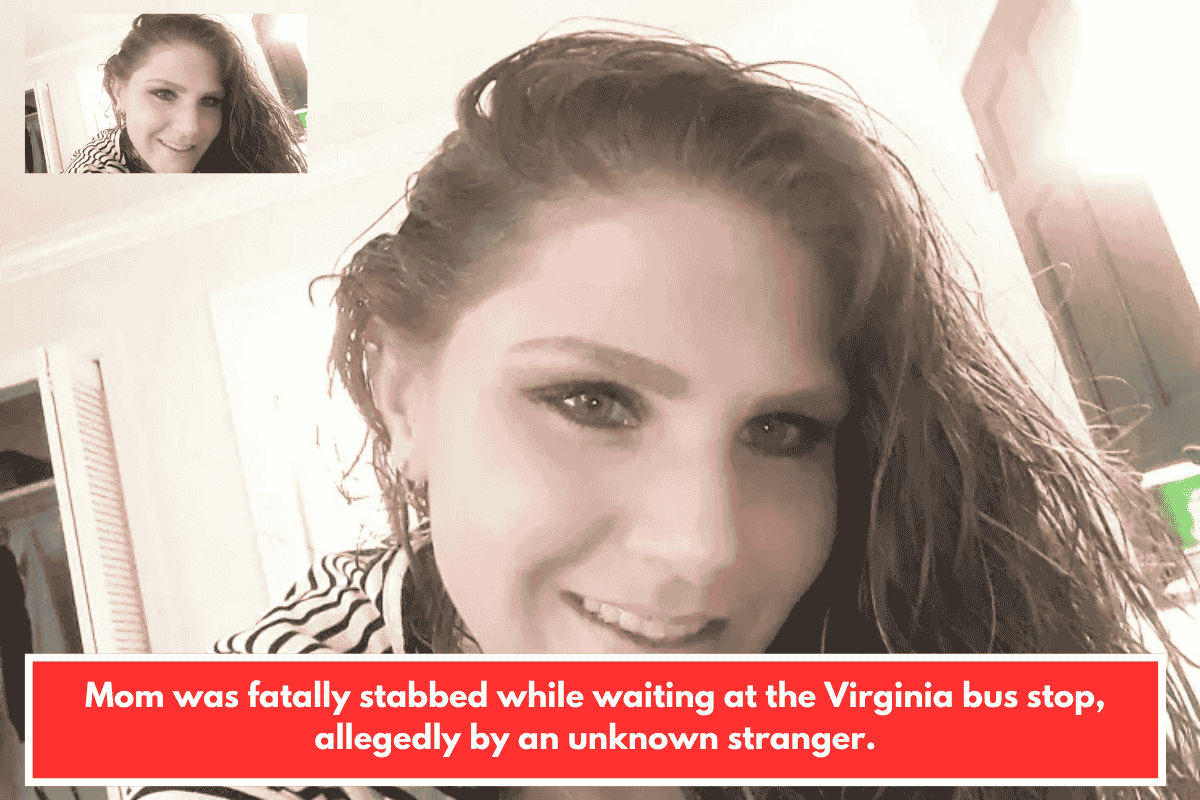Washington State – Dumpster diving has become a controversial topic in many urban and suburban areas, especially when it comes to food recovery or finding useful items that have been discarded. However, before you get any ideas about scavenging for goods in the trash, it’s essential to understand whether or not dumpster diving is illegal in Washington. While the practice may seem harmless, it’s important to know the legal implications, so let’s take a closer look at the laws surrounding dumpster diving in Washington.
Is Dumpster Diving Legal in Washington?
In Washington, dumpster diving is not explicitly prohibited by state law, but there are several legal factors to consider, such as property rights, theft laws, and local ordinances. These can determine whether dumpster diving is allowed or if you could face consequences for rummaging through someone else’s trash.
Let’s break it down:
1. Property Ownership
- Dumpster diving is illegal if it involves trespassing on private property. If you are diving in dumpsters located on private property (e.g., behind a business or residential area), you could be charged with trespassing. The property owner has the right to secure their property and prohibit any unauthorized access, including to their trash.
- In most cases, public dumpsters (like those at parks, public buildings, or municipal facilities) are fair game for divers, provided the dumpster is not explicitly restricted by a sign or local law.
2. Theft and Littering Laws
- In Washington, taking items from a dumpster could be considered theft if the items were meant to be discarded, but still belong to someone, such as a business or residence. Even though the items have been thrown away, they are still technically property of the owner until they have been officially disposed of in a legal manner.
- Additionally, littering laws come into play if you leave trash or items scattered after rummaging through a dumpster. The act of leaving a mess can result in a fine, even if you weren’t doing anything illegal in terms of taking the items.
3. Local Ordinances
- Many cities in Washington may have specific ordinances that either allow or restrict dumpster diving. For example:
- Seattle has a number of regulations when it comes to public waste collection and has been known to penalize individuals who take discarded items from city-run trash bins or dumpsters.In other cities like Spokane or Tacoma, certain areas or businesses may have stricter rules that prevent people from accessing their dumpsters, especially if the items could be contaminated or pose safety hazards.
4. Food Recovery and Safety
- Washington’s food recovery laws generally allow individuals or organizations to take discarded food from dumpsters for purposes like food donation or composting, as long as they are following proper safety guidelines.
- It is important to note that food recovered from dumpsters, especially from restaurants or grocery stores, can be hazardous, especially if it’s not stored properly, and may be governed by health and safety codes.
- Additionally, liability might come into play if someone consumes food retrieved from a dumpster and falls ill. Food establishments that discard food are generally protected from liability as long as they’re not intentionally donating spoiled or dangerous items.
What to Keep in Mind When Dumpster Diving in Washington
If you’re planning on diving into dumpsters in Washington, it’s important to keep the following in mind:
- Respect Property Boundaries: Always check whether the area where the dumpster is located is private or public property. Avoid trespassing on private land or entering restricted areas.
- Watch Out for Posted Signs: Be aware of signs that prohibit dumpster diving or trespassing. If you ignore these warnings, you could face fines or legal action.
- Don’t Leave a Mess: Be mindful of the space around the dumpster. Leaving trash behind can result in fines for littering.
- Know Local Laws: Familiarize yourself with any specific rules that may exist in the city or county you’re in. Some areas have stricter regulations than others.
- Be Safe: Dumpster diving can sometimes involve unsafe conditions, including broken glass, sharp objects, or hazardous materials. Always take precautions to protect yourself.
Legal or Illegal?
Dumpster diving in Washington is not inherently illegal, but it can become illegal if you are trespassing, stealing from the property owner, or violating local ordinances. Additionally, safety concerns and food liability issues should be considered before you dive into someone else’s trash.
In short, while you can legally dumpster dive in public areas as long as you follow the rules, always check local laws, ask for permission where needed, and avoid leaving a mess behind. Being respectful of property owners, the community, and the law is key to avoiding legal trouble.
SOURCES
[1] https://www.reddit.com/r/DumpsterDiving/comments/2h9n3d/anyone_here_in_washington_state/
[2] https://katsfm.com/washington-dumpster-diving-tips/
[3] https://www.theenvironmentalblog.org/2025/04/is-dumpster-diving-legal/
[4] https://newstalkkit.com/ixp/137/p/washington-dumpster-diving-tips/
[5] https://en.wikipedia.org/wiki/Dumpster_diving














